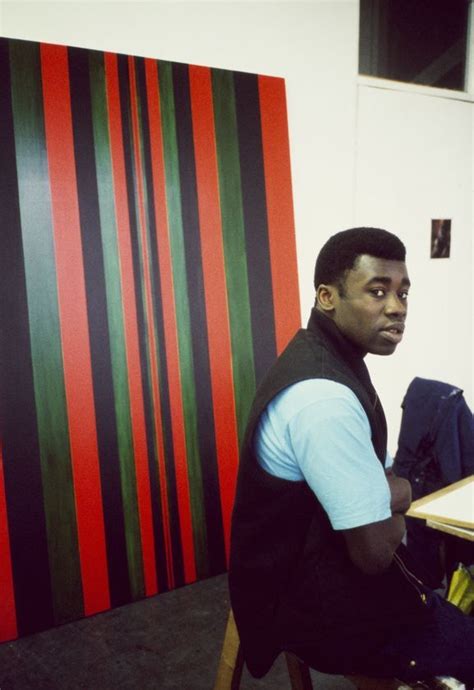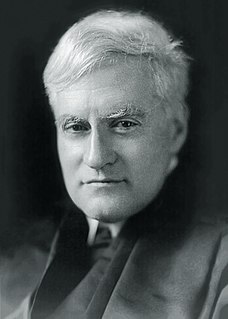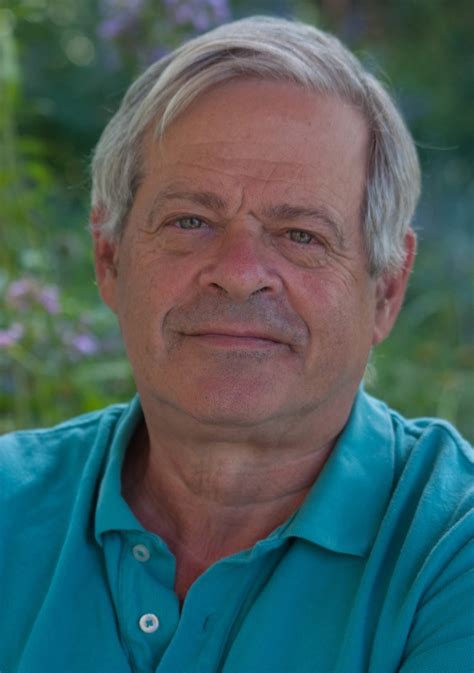A Quote by Milton Glaser
Certainty is a closing of the mind. To create something new you must have doubt.
Related Quotes
I have a lot of faith. But I am also afraid a lot, and have no real certainty about anything. I remembered something Father Tom had told me--that the opposite of faith is not doubt, but certainty. Certainty is missing the point entirely. Faith includes noticing the mess, the emptiness and discomfort, and letting it be there until some light returns.
Out of the element of participation follows the certainty of faith; out of the element of separation follows the doubt in faith. And each is essential for the nature of faith. Sometimes certainty conquers doubt, but it cannot eliminate doubt. The conquered of today may become the conqueror of tomorrow. Sometimes doubt conquers faith, but it still contains faith. Otherwise it would be indifference.
In our worship of certainty we must distinguish between the sound certainty and the sham, between what is gold and what is tinsel; and then, when certainty is attained, we must remember that it is not the only good; that we can buy it at too high a price; that there is danger in perpetual quiescence as well as in perpetual motion; and that a compromise must be found in a principle of growth.
We absolutely must leave room for doubt or there is no progress and there is no learning. There is no learning without having to pose a question. And a question requires doubt. People search for certainty. But there is no certainty. People are terrified — how can you live and not know? It is not odd at all. You only think you know, as a matter of fact. And most of your actions are based on incomplete knowledge and you really don’t know what it is all about, or what the purpose of the world is, or know a great deal of other things. It is possible to live and not know.
{While meditating} I sit quietly and rest in the nature of mind; I don't question or doubt whether I am in the "correct" state or not. There is no effort, only rich understanding, wakefulness, and unshakable certainty. When I am in the nature of mind, the ordinary mind is no longer there. There is no need to sustain or confirm a sense of being: I simply am.
Do you call it doubting to write down on a piece of paper that you doubt? If so, doubt has nothing to do with any serious business. But do not make believe; if pedantry has not eaten all the reality out of you, recognize, as you must, that there is much that you do not doubt, in the least. Now that which you do not at all doubt, you must and do regard as infallible, absolute truth.
Add to this cruelly delicate organism the overpowering necessity to create, create, create - so that without the creating of music or poetry or books or buildings or something of meaning, his very breath is cut off from him. He must create, must pour out creation. By some strange, unknown, inward urgency he is not really alive unless he is creating.







































